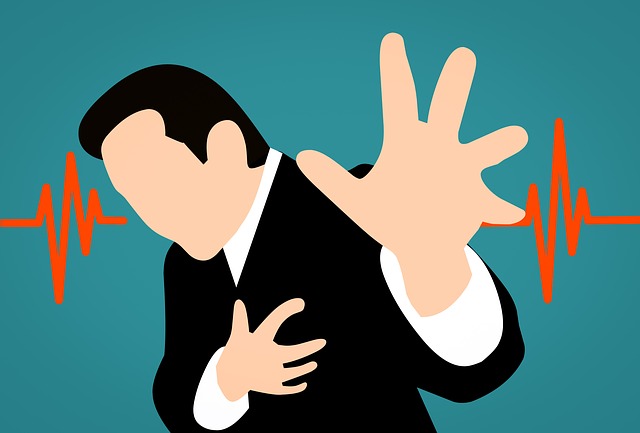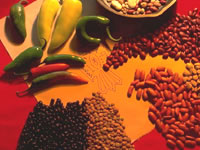Fewer than 20 percent of adults can correctly identify the signs of stroke and know to call 911 in the case of acute stroke events.
This is according to a study published in the American Journal of Preventive Medicine.
Minorities, the less educated and the young and old recognized fewer stroke symptoms than those who were white, middle-aged and highly educated.
Current smokers were also less likely than nonsmokers to recognize stroke symptoms, according to Kurt J. Greenlund, Ph.D., and colleagues from the Centers for Disease Control and Prevention.
Prompt treatment can improve the odds of surviving a stroke, but the majority of stroke patients do not receive treatment in the critical three hours after symptoms first appear, the researchers say.
“Because stroke outcomes can be improved by timely care, it is important for the public as well as healthcare providers to recognize the major symptoms of stroke in order to initiate prompt action,” Greenlund says.
The telephone survey of 61,019 adults asked them to identify whether the following symptoms were a sign of stroke:
- sudden confusion or trouble speaking,
- numbness or weakness in the face, arm or leg,
- trouble seeing in one or both eyes,
- sudden trouble walking,
- dizziness or loss of balance
- severe headache with no known cause.
The researchers also asked the adults whether they thought sudden chest pain, a false symptom, was a sign of stroke and what they would do first if they thought someone near them was having a stroke.
Most participants recognized confusion, numbness and dizziness as signs of stroke, but fewer people identified trouble seeing and severe, unexplained headaches as symptoms. Eighty-six percent said that they would call 911 first in case of a stroke.
More than a third of the adults incorrectly thought that sudden chest pain was stroke-related, but only 2 percent did not recognize any of the correct symptoms, the researchers found.
Suggested articles: (Blood Pressure Control Smoking Cessation at Heart of Stroke Prevention); Connection Between Diabetes, Heart Disease and Stroke; Heartburn or Heart Attack? What’s the Difference?; High Blood Pressure – What it is and what you can do about it.
Sources: Center for the Advancement of Health / Health Behavior News Service










